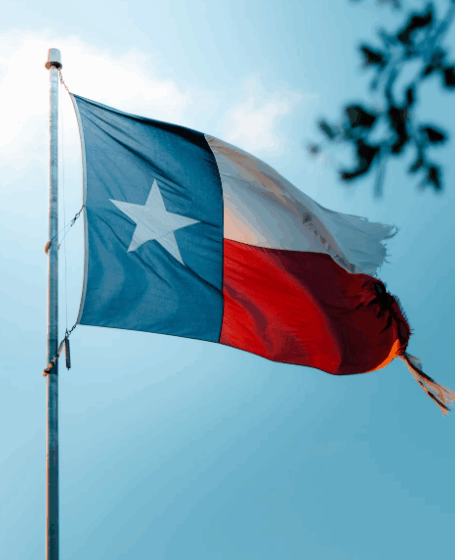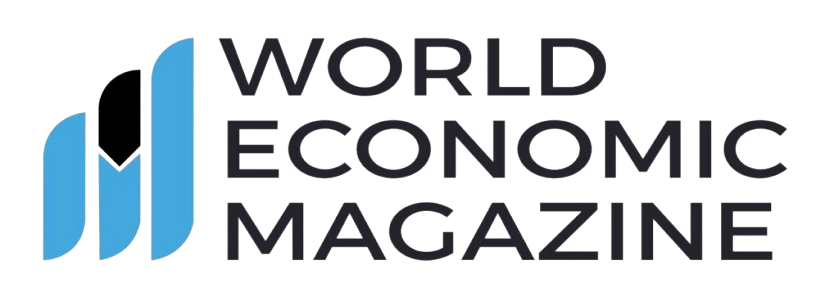

SBA’s ‘Made in America’ Push Reaches Texas: $10M Loan Expansion, Deregulatory Reforms, and Onshoring Portal Mark New Era for U.S. Manufacturing
In a move that blends economic ambition with a revival of domestic industry, the U.S. Small Business Administration is intensifying its Made in America initiative, unveiling new funding mechanisms, regulatory reforms, and support for onshoring aimed squarely at small manufacturers. During a recent stop in North Texas, SBA Administrator Kelly Loeffler met with entrepreneurs, lawmakers, and local producers to highlight the initiative’s growing footprint and strategic direction.
The visit included a tour of DSG Technology, a high-tech manufacturer specializing in multi-environment ammunition for underwater and aerial military applications. The facility served as a symbol, Loeffler said, of what becomes possible “when innovation meets opportunity—and when small business isn’t drowned by bureaucracy.
Small Business Is Big Business in America!
Loeffler, who now leads the SBA’s manufacturing-focused initiative, emphasized the outsized role that small enterprises play in fueling national innovation and economic strength.
“Small business is big business in America,” Loeffler said during her North Texas tour. “When the government empowers rather than hinders, our manufacturers can lead not just the U.S., but the world.”
Joined by Texas Representatives Roger Williams, Beth Van Duyne, and Jake Ellzey, Loeffler laid out a policy roadmap that includes improved access to capital, regulatory relief, and targeted infrastructure to help revitalize America’s industrial core.
Raising the SBA Loan Cap: A Financial Lifeline
At the heart of the administration’s proposal is a significant policy shift: increasing the SBA loan cap for manufacturers from $5 million to $10 million per business. The goal, officials say, is to enable small manufacturers to expand production, invest in R&D, and create high-quality jobs in local communities.
“There’s no shortage of vision in America’s manufacturing sector,” Loeffler said. “What’s missing is accessible capital at the scale these companies need to compete globally. We’re fixing that.”
According to the SBA, manufacturers account for 99 percent of firms in the sector and provide employment to millions across urban and rural America.
Inside the Deregulatory Push
Another central feature of the initiative is deregulation—a long-standing concern among small manufacturers. Loeffler and Republican lawmakers are rallying behind the “One Big, Beautiful Bill,” a legislative package backed by former President Donald J. Trump. The bill aims to streamline tax codes, expand access to R&D tax credits, and offer regulatory certainty to small businesses.
“This bill prioritizes research and innovation while making sure companies aren’t buried under unfair tax increases,” said Representative Van Duyne.
“What we’re doing here isn’t just cutting red tape,” added Representative Williams. “We’re clearing the runway for small business takeoff.”
“Make Onshoring Great Again”: The SBA’s Sourcing Portal
One of the most tangible tools launched under the initiative is the Make Onshoring Great Again portal, a national digital platform hosted by the SBA. The portal connects American businesses with more than one million verified domestic manufacturers and suppliers, helping firms bring their supply chains back home.
Officials say the tool is designed to reduce reliance on foreign imports and improve supply chain resilience—a priority underscored by pandemic-era disruptions.
“Reshoring isn’t just patriotic—it’s smart,” Loeffler said. “We’re making it simple and cost-effective for small businesses to source right here in the U.S.”
The portal is already attracting interest from sectors such as defense, automotive, clean energy, and medical supplies.
Texas as a National Blueprint
Texas, long hailed for its business-friendly climate, served as an emblematic stop on Loeffler’s tour. Representative Ellzey described the state as a “proof point that lower regulation and local empowerment can drive national economic leadership.”
“Companies are coming to Texas because they know what to expect,” Ellzey said. “Now the goal is to take that model nationwide.”
Loeffler echoed the sentiment, noting that Texas exemplifies the entrepreneurial dynamism central to the SBA’s vision. “We’re seeing firsthand how small manufacturers in Texas are innovating, growing, and exporting excellence,” she said. “This is the future.”
What’s Next for Made in America?
As the SBA’s national tour continues, Loeffler said the focus remains on expanding access to capital, removing regulatory obstacles, and reinforcing domestic supply chains.
With bipartisan momentum building behind domestic production, the Made in America initiative appears poised to transcend political catchphrases—evolving into a set of actionable policies, digital infrastructure, and scalable support for the small businesses that serve as the backbone of the U.S. economy.




